4 Surprising Benefits Of Cedarwood Oil And Its Side Effects
From reducing hair fall to relieving depression – this aromatic oil benefits you in more ways than one.
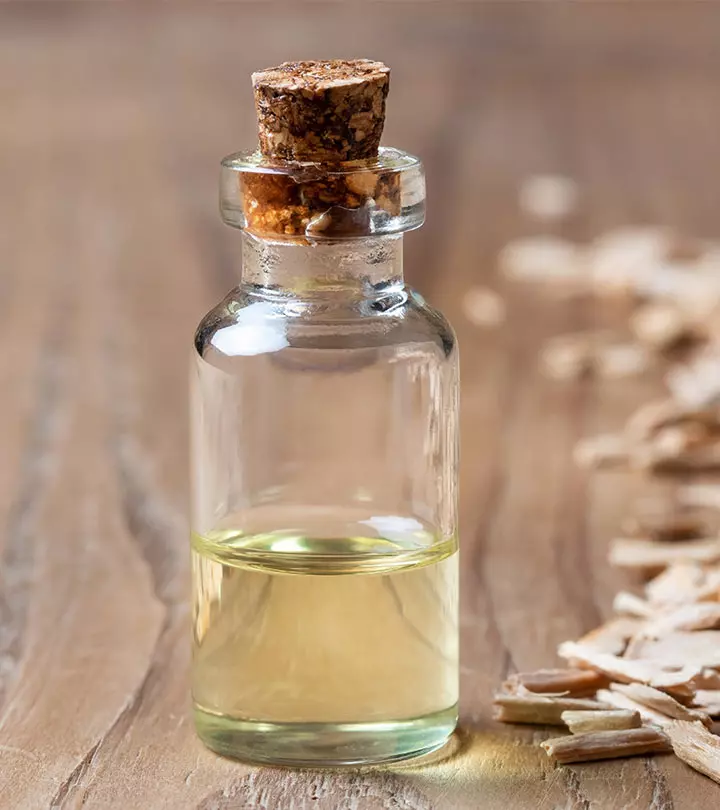
Image: Shutterstock
Cedarwood essential oil or cedar oil is obtained from various cedar species. This oil can be used in many medicinal and industrial applications and can easily be added to various natural remedies. The benefits of cedarwood essential oil can be attributed to its anti-inflammatory, antimicrobial, and antiseptic properties that help treat many ailments. It helps induce sleep, may relieve depression, decreases hair fall, and minimizes dry scalp issues. The pure essential oil also exhibits pesticidal and fungicidali Any substance that kills fungi by disrupting their cell membranes or essential functions, such as respiration or energy production. effects.
In addition, you can find this essential oil in many soaps, room fresheners, and cosmetics. This article explores the potential health benefits and possible side effects of cedarwood essential oil. Take a look.
 Know Your Ingredient: Cedarwood Oil
Know Your Ingredient: Cedarwood OilWhat Is It?
A type of essential oil derived from numerous types of conifers.
What Are Its Benefits?
It may help promote sleep, reduce hair fall, combat acne, and relieve depression.
Who Can Use It?
Considered safe for use in general.
How Often?
Regularly.
Caution
May cause allergic reactions in some individuals. Perform a patch test before using it.
In This Article
How Is Cedarwood Oil Extracted? What Makes It Beneficial For Your Health?
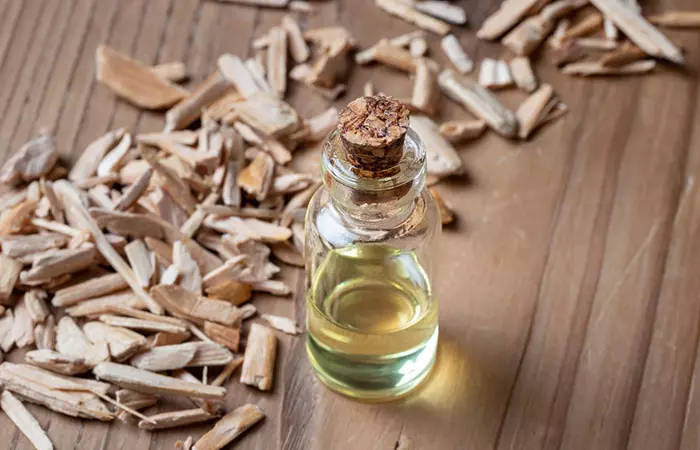
Cedarwood oil is a by-product of the milling of cedar, juniper, and cypress trees. Wooden shavings, sawdust, and short pieces are collected at the mill and steam distilled to produce the oil.
There are several other methods using carbon dioxide, such as supercritical extraction, which are more cost-effective (2).
Most cedarwood oil is produced from 3 main species: Virginian cedar (Juniperus virginiana), Texas or Ashe cedar (Juniperus ashei), and Mexican or Central American cedar (Juniperus mexicana).
There are also many other cypress and cedar trees that are referred to as Chinese cedar. However, there is a lot of ambiguity in identifying the main cedar oil-producing species across the globe (1).
The composition of cedarwood oil varies across species and according to processing methods. Generally, the primary constituents of cedarwood oil are sesquiterpenesi A class of terpenes (chemical compounds) that have a wide range of pharmacological properties, such as antibacterial and anti-tumor. , cedrene, thujopsene, and cedrol.
 Trivia
TriviaIt is due to these phenolic compounds that cedarwood oil is linked to a broad spectrum of benefits that make it a popular ingredient in alternative medicines. From killing pests to improving sleep cycle and depression, there is a lot this essential oil can do for you.
Keep scrolling down to find out more!
Benefits Of Cedarwood Essential Oil
1. Induces Sleep And Relieves Depression

Cedrol, the main active ingredient of cedarwood oil, has a mild sedative effect, making it a good sleep aid. A rat study found that inhaling cedarwood oil affects the olfactory and other organ systems (3).
When you inhale the faint scent of such essential oils, a signal is transmitted to the limbic and hypothalamici It refers to the hypothalamus which serves as the primary connection between the nervous system and the hormone system. areas of your brain via your nose (olfactory system). Such signals stimulate your brain to release neurotransmitters such as serotonin and endorphins. These chemicals, in turn, induce a sense of calm and relaxation (4).
Cedarwood oil might also reduce the difficulty in maintaining sleep, particularly in elderly individuals with dementia as well as in younger women(4).
Inhaling an essential oil blend of bergamot, lavender, and cedarwood (1:2:1) has been found to mitigate the symptoms of depression. However, the evidence for this is insufficient (5).
2. Might Reduce Hair Fall And Dry Scalp Issues

Massaging essential oils onto your scalp has the potential to reduce alopecia (hair regression). This exercise increases blood flow to the hair follicles, conditions the scalp, and enhances the strength of the roots. It reduces conditions that can interrupt the process of hair growth, including dandruff and dry scalp (6).
In a seven-month randomized trial with 86 individuals with alopecia, the test group received a daily massage with essential oils of lavender, cedarwood, thyme, and rosemary in jojoba and grapeseed carrier oils (6).
This group showed about 44% improvement in hair growth parameters in contrast to only 15% in the control group. These essential oils may also relieve headaches and normalize sleep patterns when massaged regularly (6).
Did You Know?
- Cedarwood essential oil may abate several dermatological problems. It is said to positively affect acne, eczema, dermatitis, psoriasis, insect bites, scabs, eruptions, and fungal infections (7).
- This activity is attributed to its anti-inflammatory and antimicrobial properties.
- Since it has a lingering and soothing scent, cedarwood oil can be used in room fresheners, fabric conditioners, soaps, cosmetics, and detergents.
3. Possesses Antimicrobial and Pesticidal Properties

Cedrol has potent insect and pest repelling properties. Insects like red ants, black-legged ticks, moths, and carpet beetles were all either killed or showed acute toxicity symptoms when exposed to cedarwood oil (8).
Vapors of cedarwood oil were also toxic to larvae of several moths, bugs, and arthropod pests. Therefore, you can use cedarwood oil as a pesticide.
Cedarwood oil is also a fungicide. When wood blocks were treated with oils of Japanese cedar and Virginian cedar, they did not get infected by the brown-rot caused by the fungi Gloeophyllum trabeum. Moreover, the vapors and water emulsion of this oil have shown to inhibit the growth of notorious bacteria like Staphylococcus aureus (1).
Mice studies have also demonstrated the larvicidali A kind of insecticide used to repel mosquito larvae before they can develop into adult mosquitoes. and parasiticidal activity of cedarwood oil. Scientists concluded that it works both as a repellent and a larvicide on Schistosoma mansoni, the parasite responsible for causing schistosomiasisi A condition caused by a freshwater parasitic worm in some tropical and subtropical nations. Symptoms include rash, itchy skin, and fever. . A diluted solution (about 50%) was completely active for 3 days, offering 100% resistance (1).
 Trivia
TriviaAlright, that was a shocker! Who would expect an oil from wood shavings to be a prime aromatherapy candidate, right?
Well, it’s all because of its biochemicals. Cedarwood oil contains α- and ß-cedrene, cedrol, thujopsene, widdrol, and other sesquiterpenesi A class of terpenes (chemical compounds) that have a wide range of pharmacological properties, such as antibacterial and anti-tumor. and hydrocarbons (1).
The alcohol content of Texas cedarwood oil ranges from 35-48%, with a maximum of 20% cedrol. While Virginia cedarwood oil consists of about 80% α- and ß-cedrene, its cedrol content varies between 3 to 14%. Chinese cedarwood oil has a minimum of 8% cedrol (1).
4. May Help Reduce Stress And Anxiety
The cedrol in cedarwood oil may help calm the mind and body and offer relief from stress and anxiety (9). Its soothing aroma has a grounding influence and promotes a sense of tranquility and emotional balance (10). Inhaling this oil’s scent may stimulate the release of serotonin and endorphins that may contribute to feelings of calm and happiness (4). Additionally, cedarwood oil may regulate the production of the stress hormone, cortisol, and effectively help manage stress levels.
Laurenina, a blogger, shared her personal experience of using cedarwood essential oil in her blog. She said, “Have been able to fall asleep so much easier than previously when I would have so much running through my mind, and I haven’t been waking up during the night which is also a huge improvement (i).”
You can inhale the oil directly from the bottle, add a few drops to a diffuser, or mix it with a carrier oil for a relaxing massage. Its natural sedative properties may also help improve overall mental clarity.
It is because of its cedrol and cedrene content that the oil, emulsion, and vapors of cedarwood have such critical benefits.
However, cedarwood oil is still a plant extract.
Before you use cedarwood oil for hair, skin, or health, it is crucial to consider an important question. Are there chances that some of us may be allergic to it? Simply put, should we take any precautions while using cedarwood oil? Scroll down for the answers.
What Are The Side Effects Or Concerns With Using Cedarwood Oil?

One primary concern most of us could have is its skin irritant property. However, several mice studies and the US Environmental Protection Agency suggest that cedarwood oil is not a skin sensitizer or carcinogen. While some dermal and eye irritations were reported, the inhalation studies were inconclusive in this respect (1).
The US EPA considers its risk to human health to be negligible, given its applications. However, cedarwood oil does not have the Generally Recognized As Safe (GRAS) tag by US FDA when used in food items, but it is permitted to be added to cosmetics, perfumes, and massage oils (1).
However, several toxicity studies conducted on rats and rabbits establish the oral and dermal toxicity of cedarwood oil to be >5000 mg/kg. Catherine Rall, Certified Nutritionist, says, “Cedarwood oil is safe for external use and has anti-inflammatory properties, meaning that it can help a lot with skin blemishes and similar issues. It is not safe for internal use; it can lead to liver toxicity, especially in large amounts.” So, beware!
There is not much data out there to ascertain the safety of cedarwood oil for children, pregnant and lactating women, infants, and pets.
We suggest you consult the respective specialists before going ahead with this oil.
Infographic: Uses Of Cedarwood Essential Oil
The anti-inflammatory, antifungal, and antimicrobial properties of cedarwood essential oil help treat many ailments and can easily be incorporated in your skin care or hair care regime. It has many applications due to its soothing fragrance. Check out the infographic below to learn about the uses of cedarwood essential oil and its popular varieties.

Illustration: StyleCraze Design Team
Cedarwood essential oil is renowned for its woody aroma. It is a good source of phytonutrients, vitamins, and minerals. Cedarwood essential oil benefits include inducing sleep, relieving depression, supporting respiratory health, providing stress relief and pain relief, and reducing inflammation. Anecdotal evidence also suggests its positive role in supporting the immune system and catering to holistic health. This natural antimicrobial also has the potential to reduce hair fall. Reap its benefits by using it in fabric conditioners, cosmetics, aromatherapy, or even as an insect repellent. However, excess use is not recommended. Consult your doctor if you experience any adverse effects.
Frequently Asked Questions
Is cedarwood a strong essential oil?
No. Cedarwood has a soft woody aroma with earthy notes.
Is cedar oil good for skin?
Yes. Cedarwood oil has antioxidant and antibacterial properties that may help rejuvenate your skin and manage issues like acne (11).
Can you apply cedarwood oil directly to the skin?
Direct application is not recommended. Use it diluted. Cedarwood oil is good for your skin and can be applied via massage oil or soaps.
Key Takeaways
- Cedarwood oil can promote sleep and relieve depression, as well as reduce hair loss and scalp dryness.
- This essential oil is mostly utilized in aromatherapy due to its phytochemical composition.
- Cedarwood oil does not cause skin irritation, but it may prove toxic when ingested.
Illustration: Surprising Benefits Of Cedarwood Oil And Its Side Effects

Image: Stable Diffusion/StyleCraze Design Team
Discover the amazing benefits and uses of cedarwood essential oil! Learn how it can help improve your health and well-being in this video. Click on the play button now!
Personal Experience: Source
StyleCraze's articles are interwoven with authentic personal narratives that provide depth and resonance to our content. Below are the sources of the personal accounts referenced in this article.
i. A is for a n x i e t y…https://laurenina1985.wordpress.com/2018/06/14/a-is-for-a-n-x-i-e-t-y/
References
Articles on StyleCraze are backed by verified information from peer-reviewed and academic research papers, reputed organizations, research institutions, and medical associations to ensure accuracy and relevance. Read our editorial policy to learn more.
- “Cedarwood Oil Profile” New York State Integrated Pest Management Program, Cornell Cooperative Extension.
- “Cedarwood Oil: Making It More Aromatic, More Available” ARS News and Information, United States Department of Agriculture.
- “The sedative effects and mechanism of action…” Planta medica, US National Library of Medicine.
- “Effects of Inhalation Aromatherapy on Symptoms…” Evidence-based Complementary and Alternative Medicine, US National Library of Medicine.
- “The Effectiveness of Aromatherapy for Depressive…” Evidence-based Complementary and Alternative Medicine, US National Library of Medicine.
- “The Benefits Of Scalp Massage For Hair Loss” News & Events, Pacific College of Oriental Medicine.
- “Commercial Essential Oils as Potential…” Evidence-based Complementary and Alternative Medicine, US National Library of Medicine.
- “Bioactivity of cedarwood oil and cedrol…” Environmental Entomology, US National Library of Medicine.
- “The anxiolytic effect of Juniperus virginiana L. essential oil and….”, Physiology & Behavior, US National Library of Medicine.
- “Essential Oil of Japanese Cedar (Cryptomeria japonica) Wood….” , Evidence-Based Complementary and Alternative Medicine, US National Library of Medicine.
- “Characteristics of two cedarwood essential oil emulsions and their antioxidant and antibacterial activities” Food Chem
Read full bio of Julie Freeman
- Catherine Randall is a Registered Dietitian Nutritionist with six years of experience in nutrition counseling, clinical nutrition, and meal planning. She graduated from the University of Rhode Island and aims to educate her clients on all aspects related to nutrition and health.
 Catherine Randall is a Registered Dietitian Nutritionist with six years of experience in nutrition counseling, clinical nutrition, and meal planning. She graduated from the University of Rhode Island and aims to educate her clients on all aspects related to nutrition and health.
Catherine Randall is a Registered Dietitian Nutritionist with six years of experience in nutrition counseling, clinical nutrition, and meal planning. She graduated from the University of Rhode Island and aims to educate her clients on all aspects related to nutrition and health.
Read full bio of Swathi Handoo
Read full bio of Ravi Teja Tadimalla
Read full bio of Aparna Mallampalli





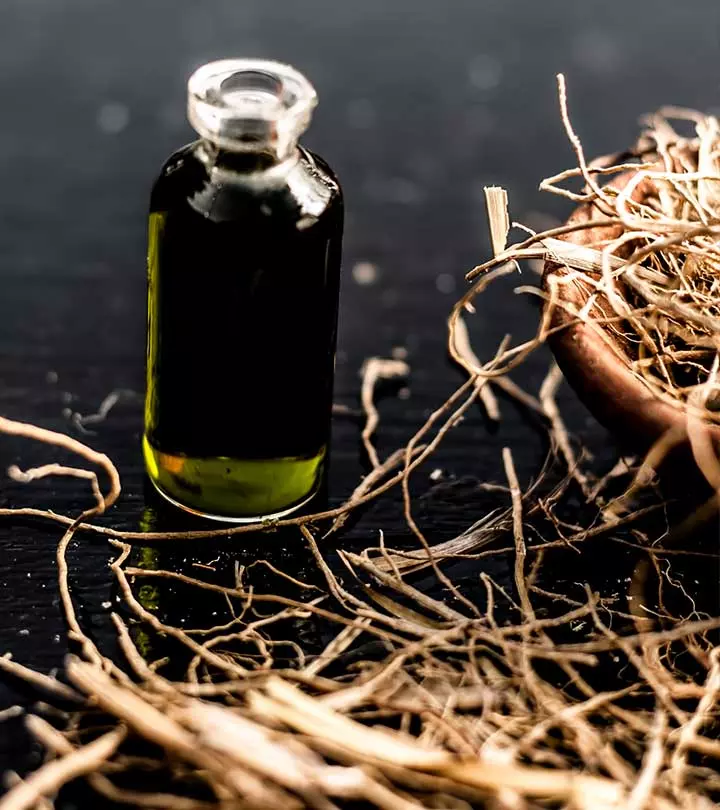
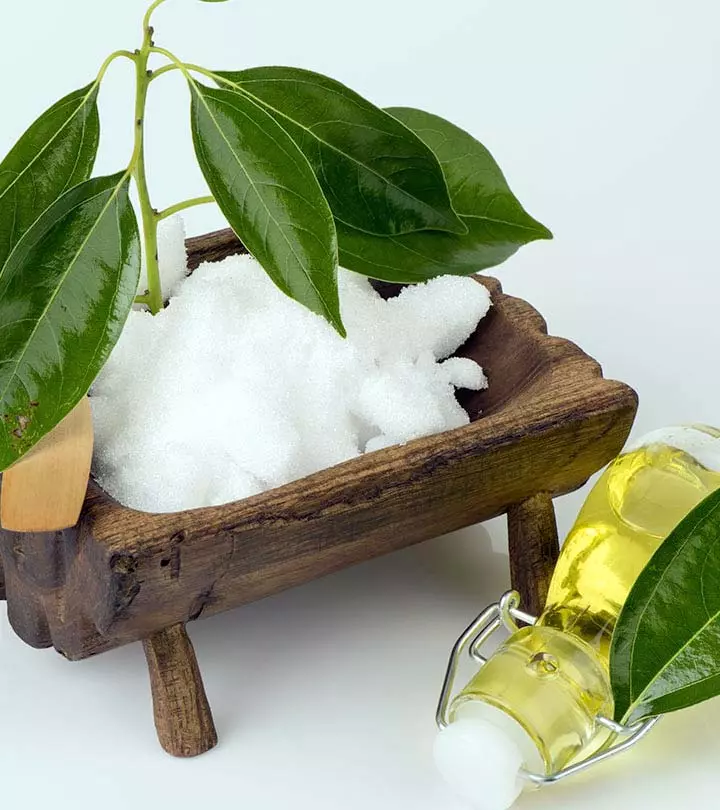
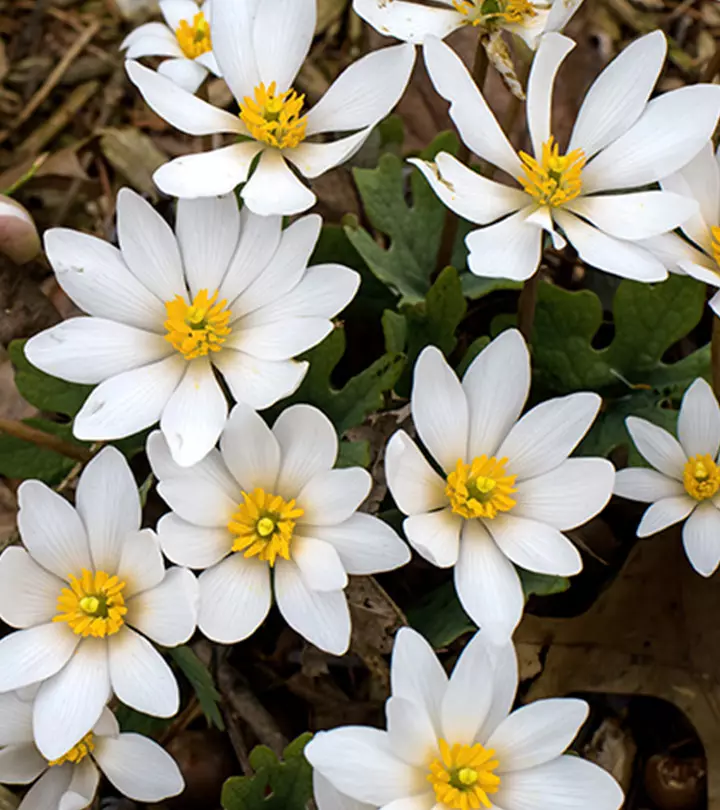
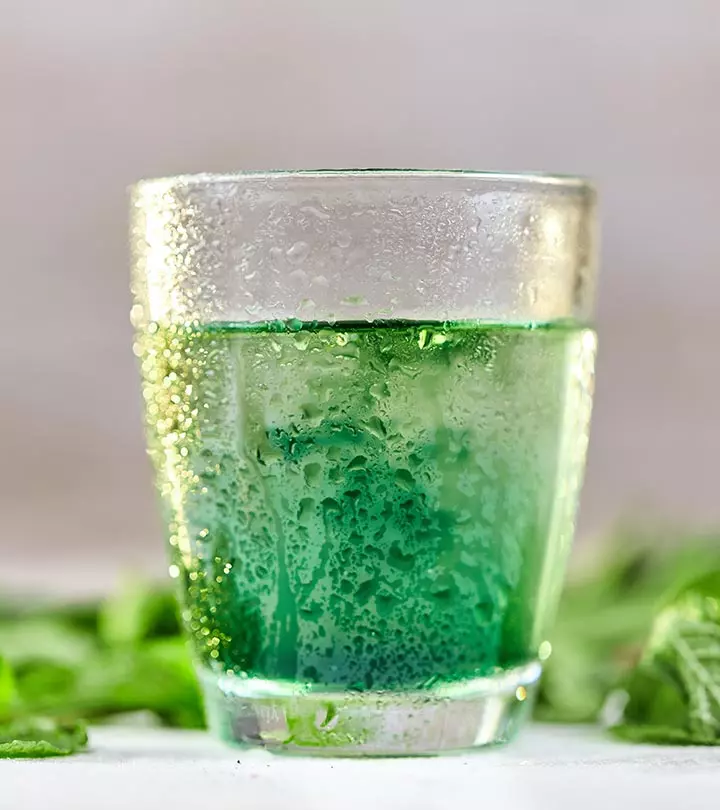

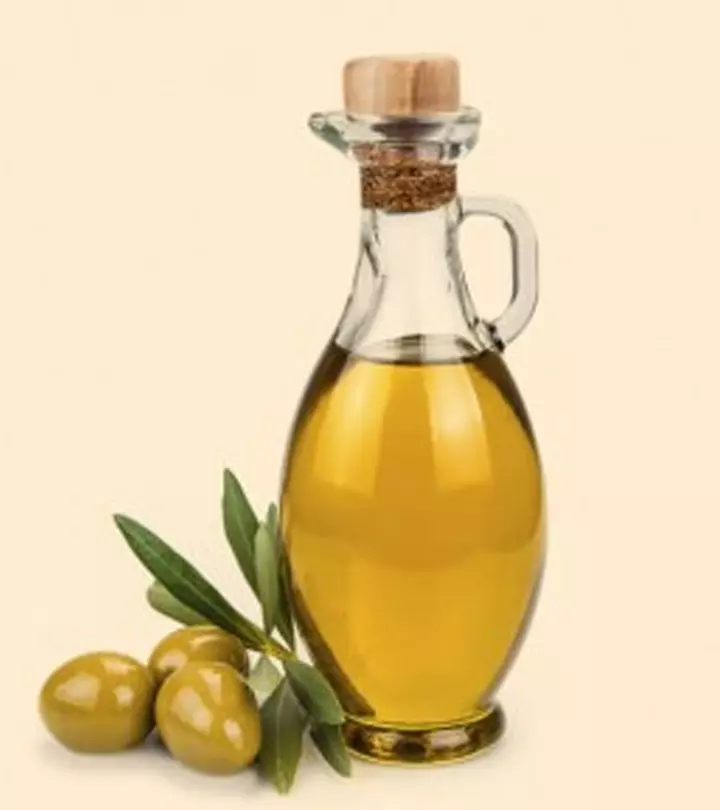

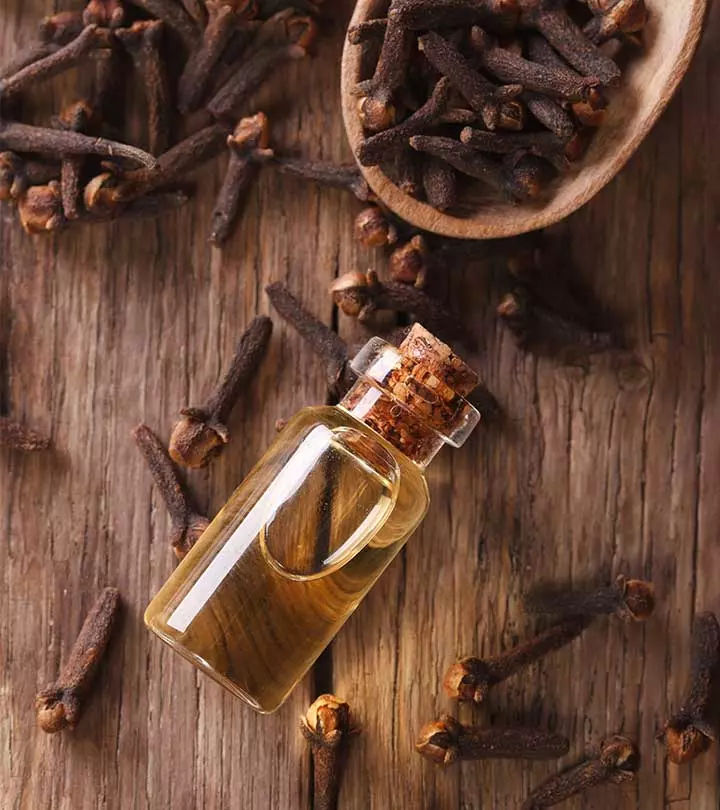




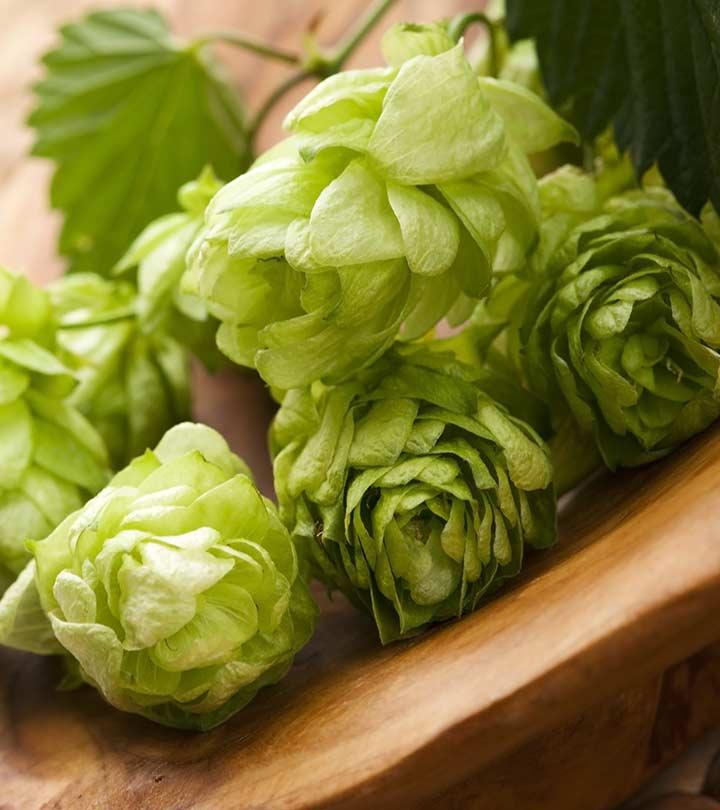
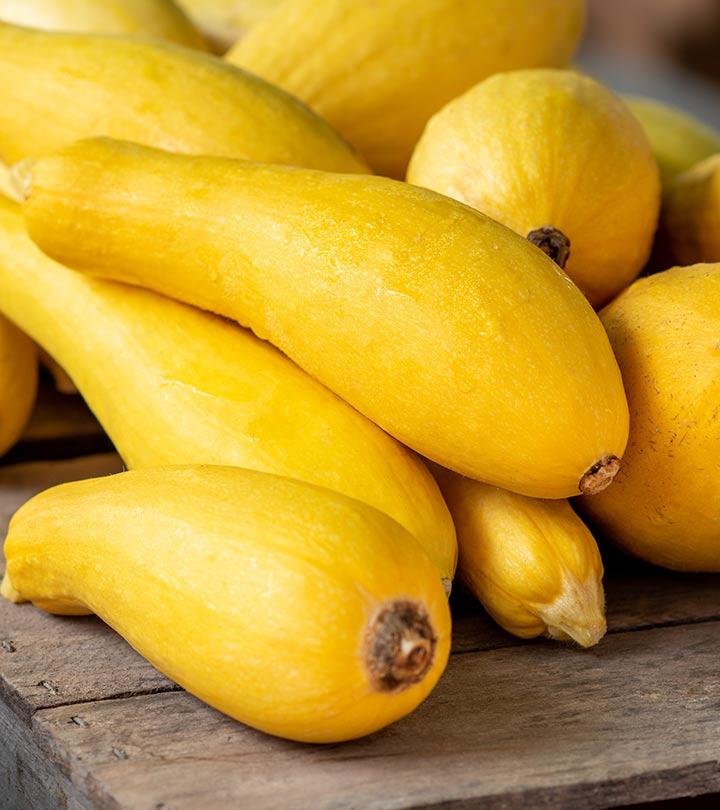
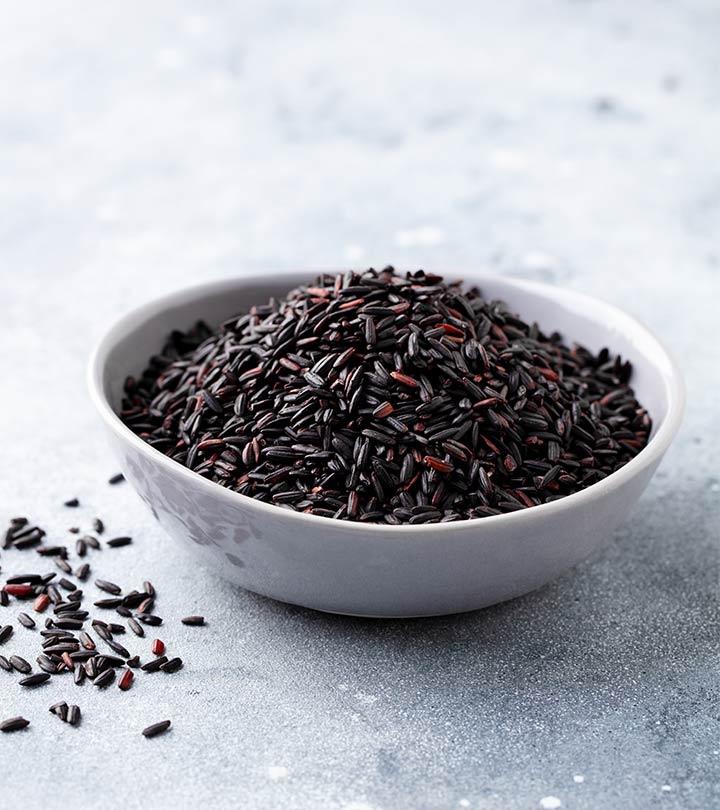

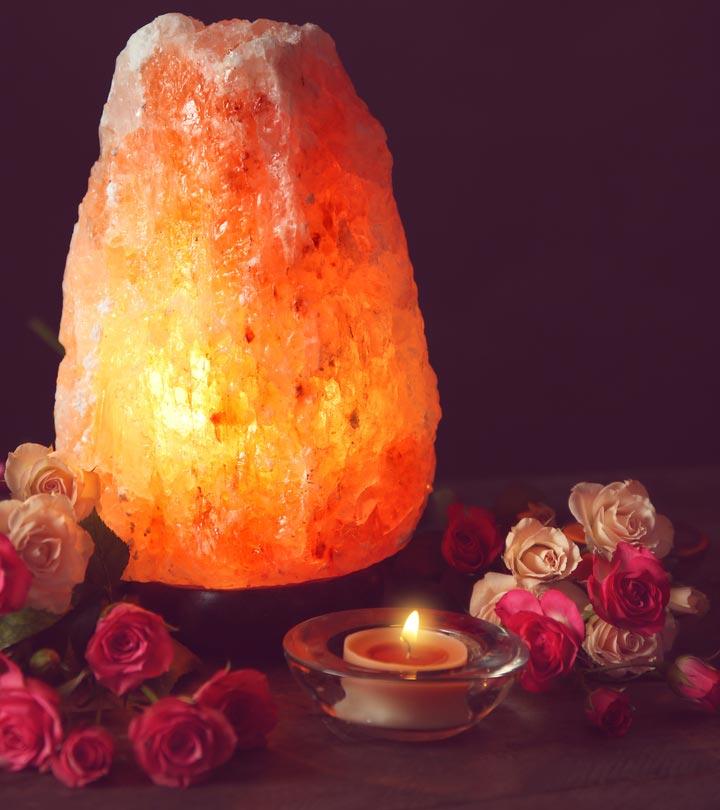
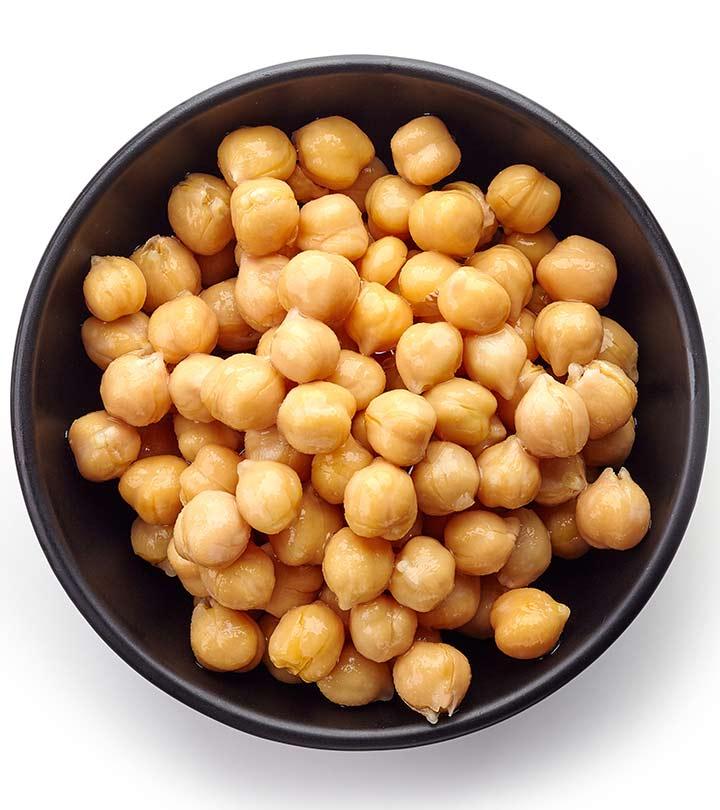

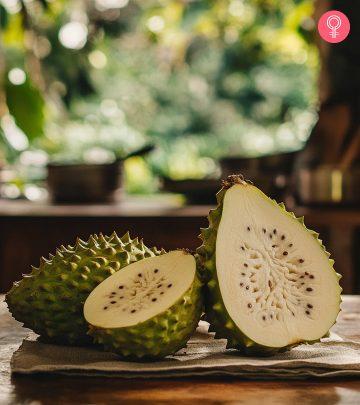
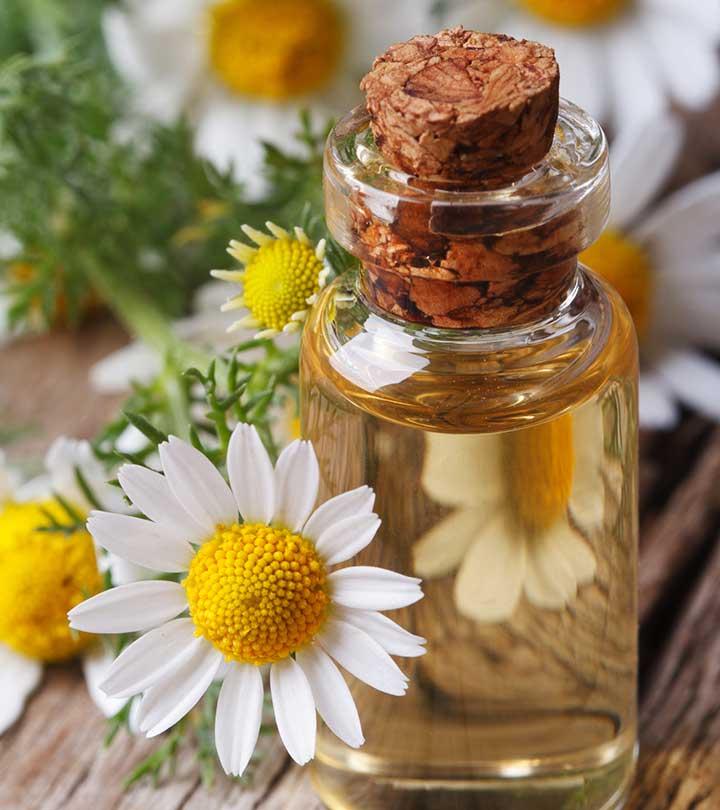
Community Experiences
Join the conversation and become a part of our empowering community! Share your stories, experiences, and insights to connect with other beauty, lifestyle, and health enthusiasts.